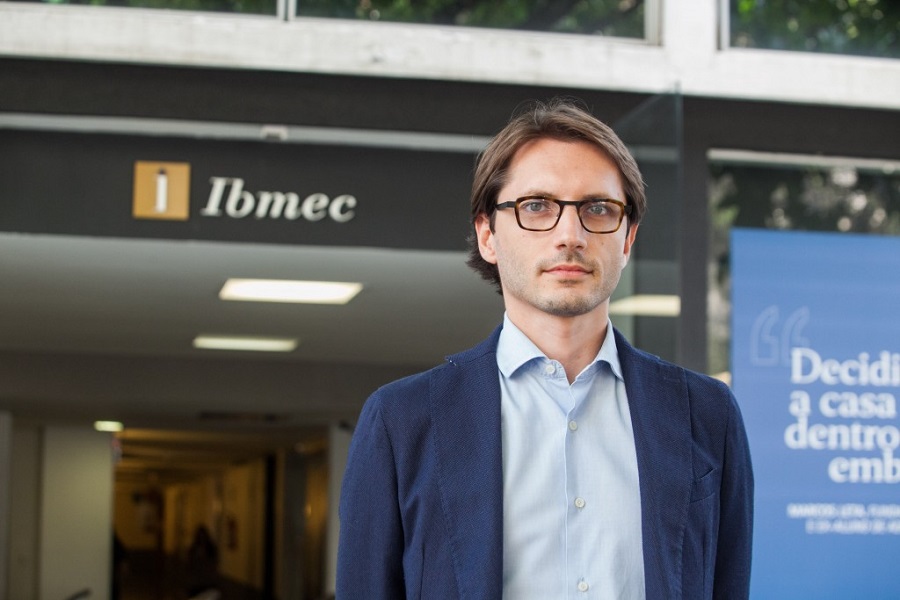RIO DE JANEIRO, BRAZIL – In a nation with economic freedom, it is the market, not the state, that decides the size of a company, and this division is essential. Liberalism does not exist for the benefit of some businesses or companies, but for the benefit of the market.
This is the opinion of Adriano Gianturco, a political scientist and professor at IBMEC (Private university) in Minas Gerais while addressing the challenges of promoting reforms in the country in several parameters.

“In liberalism, there are no privileges, subsidies, and financing from the State, from the public sector to companies. In pro-market liberalism, we have failure, the closure of companies when they fail and make mistakes, but they profit when they get it right”.
“The system we are living in, in which profit is private and loss is socialized via the State, is perfect for political [and economic] elites,” he says.
Gianturco points out that the way to change this scenario is to segregate the “state” and “business” domains, just as there has historically been the distinction between the “governmental” and “religious” arenas.
“As long as we have this collusion [of companies dependent on the government], we will have the mutual interests of the economic and political elites in benefiting at the expense of the rest of the country, which is exactly what we are seeing here”.
“When we see that the tax system is, in fact, regressive, that is, the wealthy are financed by the most impoverished and there is a redistribution from the bottom up, we understand what the system was built for and what its function is. This is the issue,” he says.
In his view, the difficulty in promoting administrative and tax reform and, also, the federal pact occurs because, politically speaking, there are pockets of resistance – organized minorities that pressure to have and keep privileges, benefits or rights.
“The three reforms would generate a diffuse benefit to the country but would entail a concentrated cost for some organized minorities. They are exactly the ones who are pressing for this not to happen,” says the professor.
“Currently, what is happening is the opposite: diffuse costs and concentrated benefits,” he says.
Source: Infomoney

